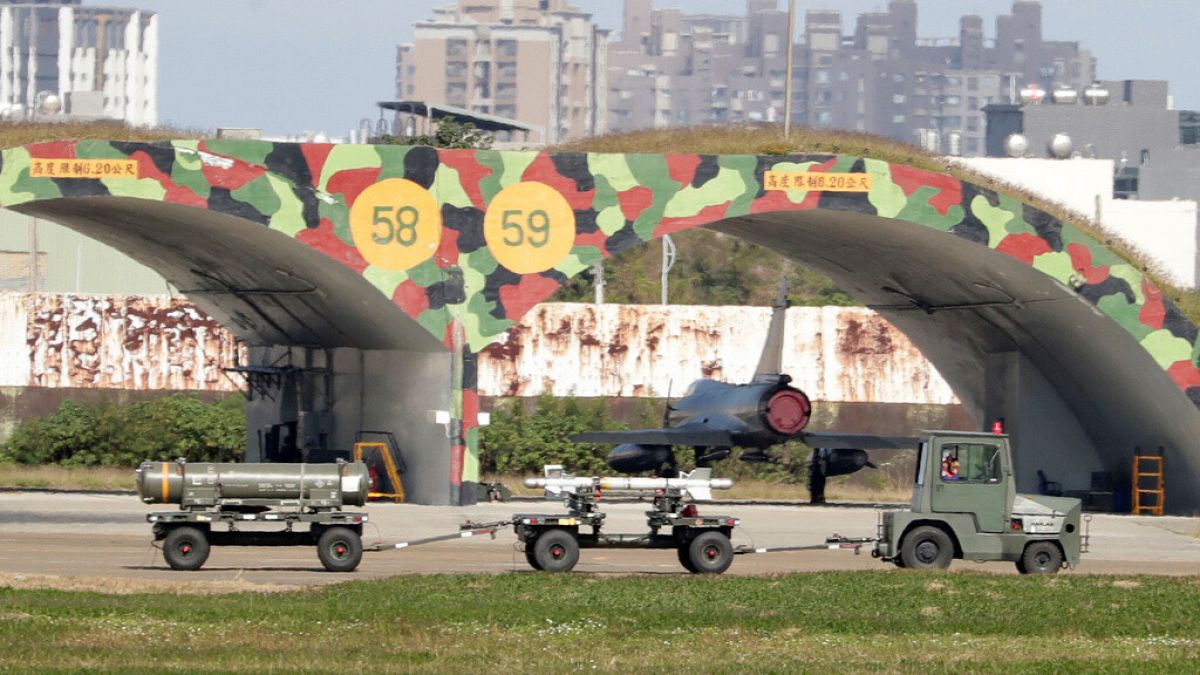The drills come after Taiwan’s president, Lai Ching-te, visited Hawaii and Guam despite China insisting he is banned from overseas trips.
Taiwan demanded that China end its military activity in its waters, saying that its activity was undermining peace and disrupting international shipping and trade.
Taiwan’s Foreign Ministry said it was responding to the activities of “large number” of ships in the Pacific archipelago off the Asian continental mainland, which includes Taiwan, Japan and part of the Philippines.
The country’s military said it detected Chinese ships both in Taiwanese waters and farther afield, describing the ships’ formation as two walls designed to demonstrate the waters belong to China — a show of military strength.
Local media reported that there would 90 ships in total, including 60 from the navy and 30 from the coast guard.
Kuo Yujen, an Asia-Pacific security expert at the National Sun Yat-Sen University in Taiwan, said that the participation of the coast guard is new and indicates China is pursuing a different strategy in Taiwanese waters.
“They were practicing to seal off Taiwan,” Kuo said, referring to a scenario whereby the Chinese coast guard ships could block Taiwan’s ports while the navy would form an outer barrier at sea.
Reactionary step
China restricted its airspace off its southeast coast from Monday to Wednesday, an indication that it was planning to hold drills despite the People’s Liberation Army not explicitly confirming it would do so.
The ships’ movements are largely seen as a response to Taiwan’s President, Lai Ching-te, visiting Hawaii and the US territory of Guam during an overseas trip last week. Lai, who took office in May, has so far refrained from visiting the US mainland.
China, which claims Taiwan as part of its territory, opposes any official diplomatic relationship between the island nation’s government and any other country.
Kuo suggested that China may be holding back from a higher-profile exercise in case Lai decides to visit the US next year.
“China must reserve strategic manoeuvring room for itself,” he said, adding that the military activity is also a signal to US president-elect Donald Trump, who is due to take office early next year.
Asked on Monday whether he would commit to defending Taiwan against potential Chinese aggression, Trump told NBC’s “Meet the Press”: “I never say, because I have to negotiate things, right?”
He said he had spoken in recent days with Chinese leader Xi Jinping but the two did not discuss the Taiwan issue.
“We talked about other things,” he said. “But I have a very good relationship, and I hope he doesn’t do it”.

